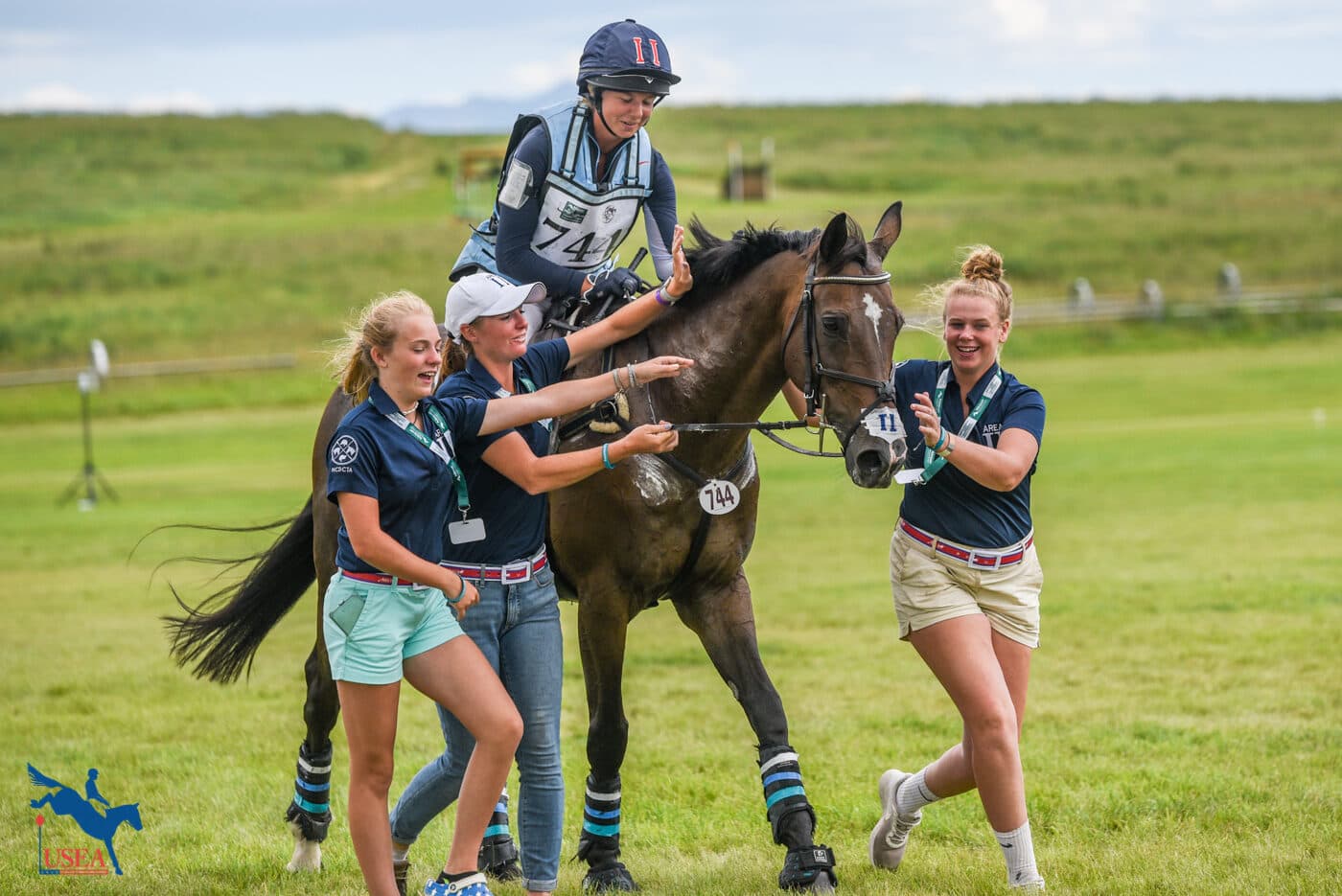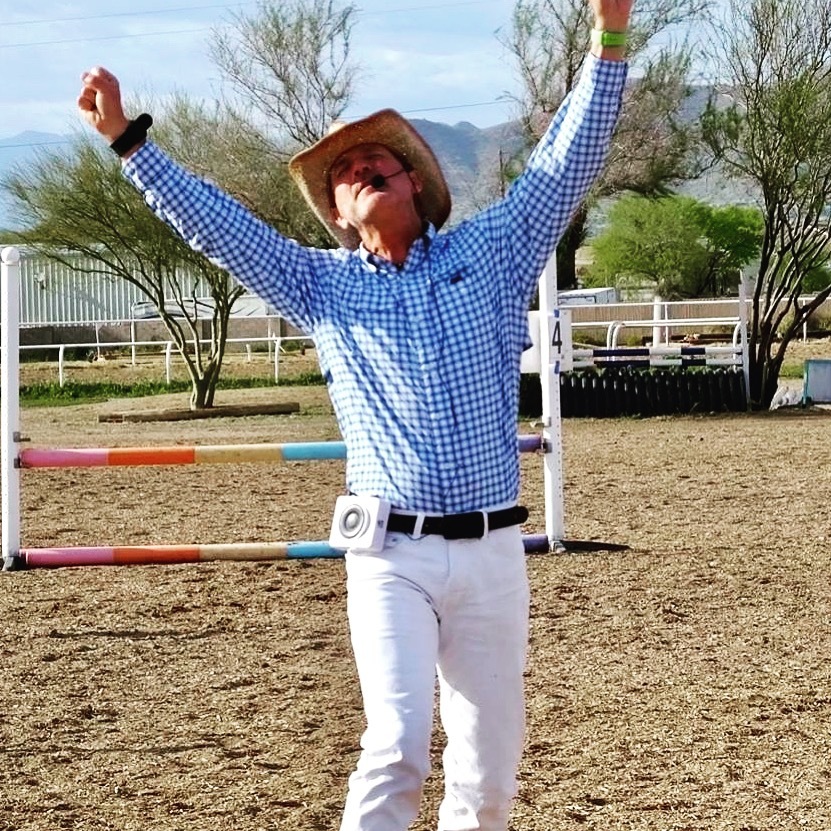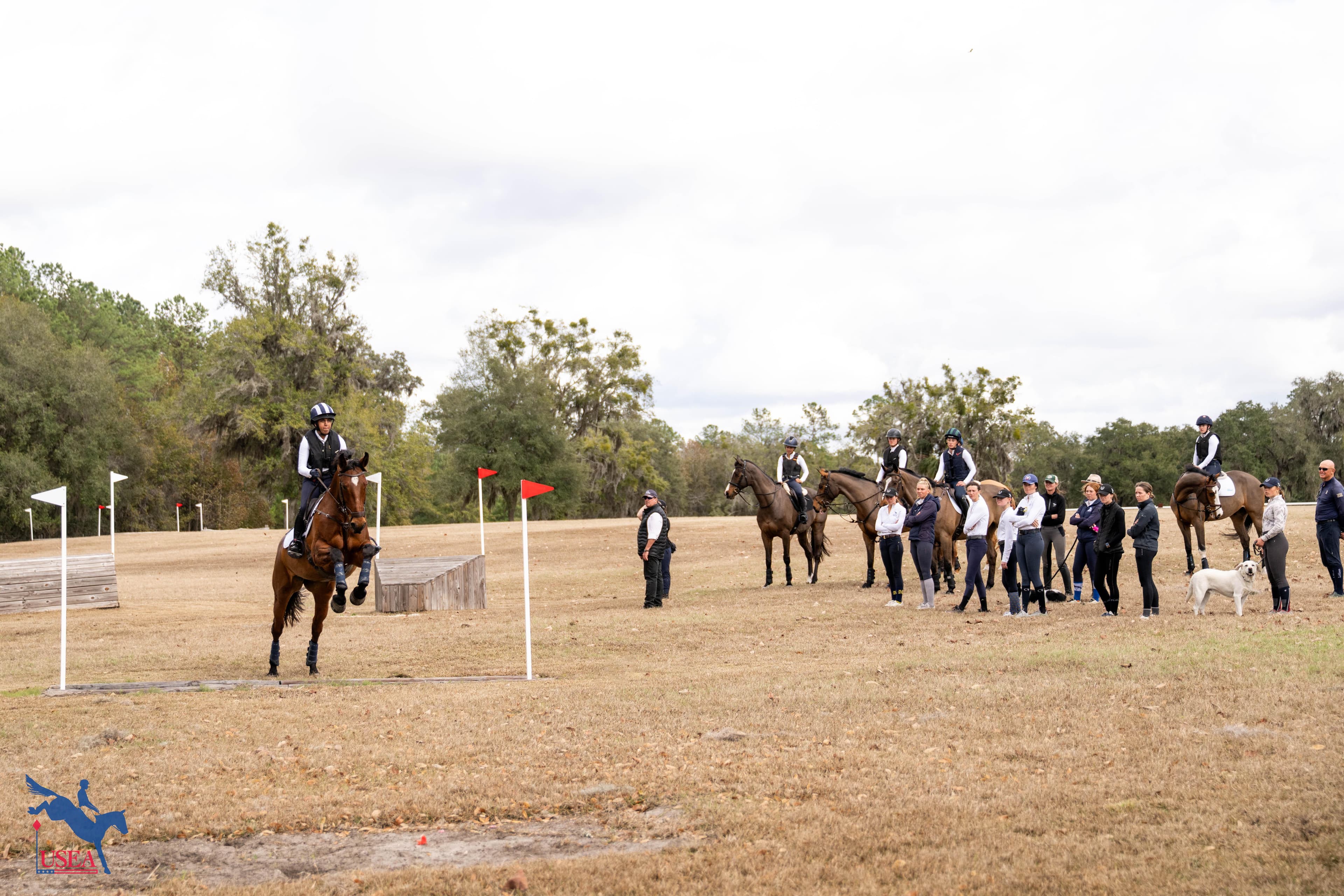Daniel Stewart's Tip of the Month: Mirror Mirror

You're a mirror. I’m a mirror. We’re all mirrors, but not in the normal “who’s the fairest of them all” kind of way. In sport psychology, mirroring refers to the tendency for people to reflect - or copy - the actions, attitudes, beliefs, and behaviors of those around them. The idea behind mirroring is that everyone we meet is a mirror, and if we’re not careful, our actions and reactions might begin to reflect what we see in others, even if those traits are negative. For example, when you hang out with people who gossip, there’s a pretty good chance you’ll begin to mirror their gossipy attitude (you reflect what you see in their mirror). Luckily, mirroring can also work in a positive way, like when you begin to become more confident because you begin spending time with confident and upbeat people (you mirror what you see in them).
It’s easy to see that mirroring can be used for good or evil. People (mirrors) who reflect negative attitudes and behaviors are called broken mirrors. Doubting yourself, becoming a quitter, or blaming mistakes on others are all examples of negative actions and attitudes that you can unintentionally reflect from broken mirrors. On the other hand, reflecting the positive actions seen in good mirrors, like finishing strong after a slow start, maintaining a sense of humor at a time when you might normally be cranky, and expressing gratitude to your trainers and coaches can ultimately help you become the best version of yourself. In the end, it’s up to you. You can either reflect the positive or the negative actions and attitudes that you see in the mirrors around you.
The idea of mirroring is also referred to as a social contagion because actions, attitudes, beliefs, and behaviors are said to be contagious, meaning when you hang out with gossipy riders, there’s a good chance you’ll catch a little of what they have, or when you hang out with confident riders you’ll catch a little of what they have. Again, the choice is yours. Either you decide to catch the positive or the negative, the good or the bad.
Taking all this into consideration, it’s clear that mindfulness plays an important role in who you become. By simply becoming mindful of the kind of mirrors you chose to reflect, you’ll improve the chance of developing the actions, attitudes, beliefs, and behaviors that you find most useful and admirable while avoiding the traits you feel are detrimental to your success.
In addition to avoiding broken mirrors (and refusing to reflect what you see in them), remember that you’re also a mirror. So, instead of simply avoiding broken mirrors, why not spend a little time reflecting the kind of positive actions and emotions you’d like them to mirror. Confidently accepting responsibility for a mistake instead of blaming it on your horse is a good example of a positive trait that you can help others mirror in their own riding.
So this month, spend a little time thinking about the kind of mirrors that surround you, and the kind of mirror you’d like to become for those around you, and always remember these words: Mirror mirror on the wall, I’ll always get up after I fall, and whether I run, walk, or have to crawl, I’ll follow my dreams and catch them all!

I hope you’re enjoying my monthly tips and that I’ll get the chance to teach you in one of my 47 cross-cross-county, show jumping, and dressage clinics this summer, or that I’ll see you in my four-day Equestrian Athlete Training Camp at the IMG Elite Athlete Institute in Sarasota Florida, December 27-30. For more information click here.
Interested in sports psychology? Applications for the 2020 Worth the Trust Sports Psychology Scholarships are now available and are due on October 7, 2019. For more information, please contact Nancy Knight, (703) 669-9997.













